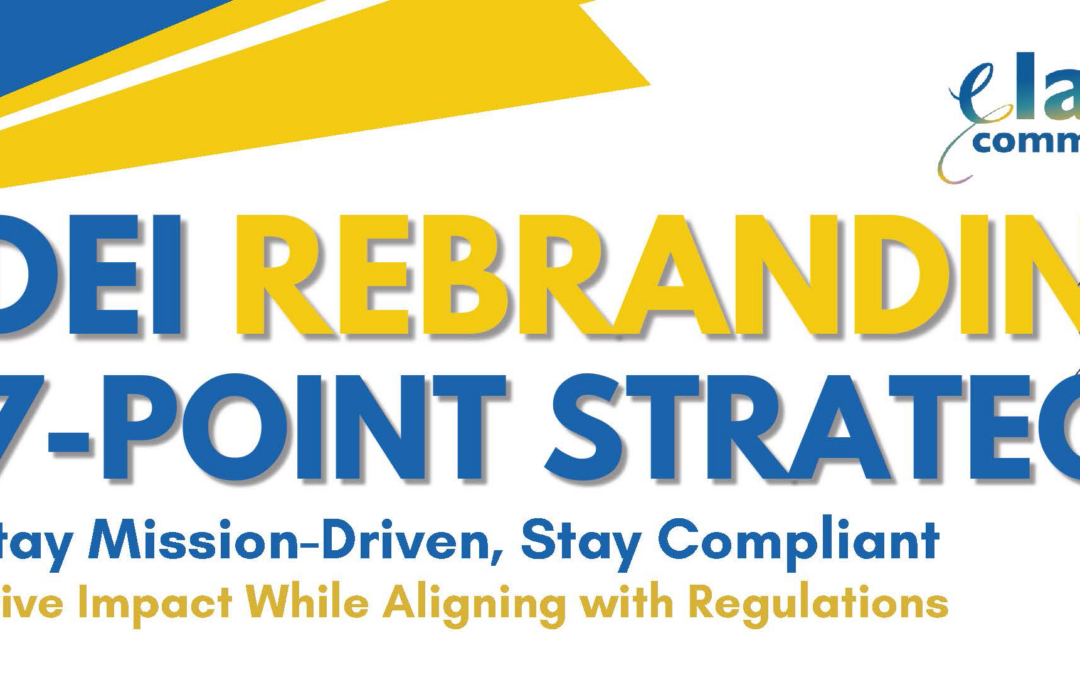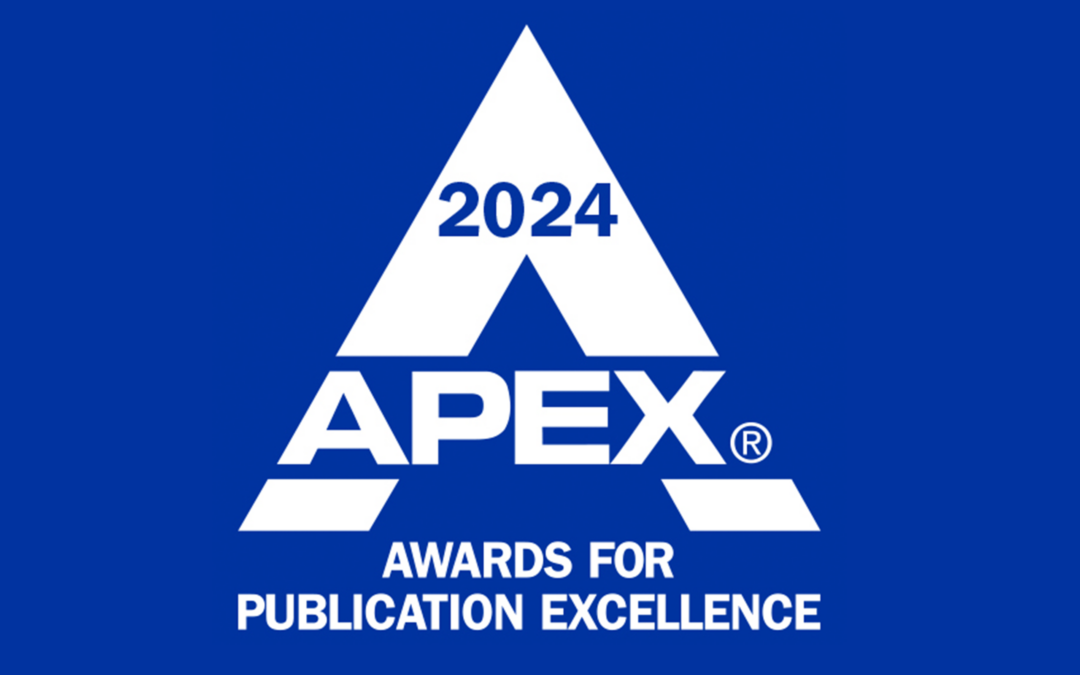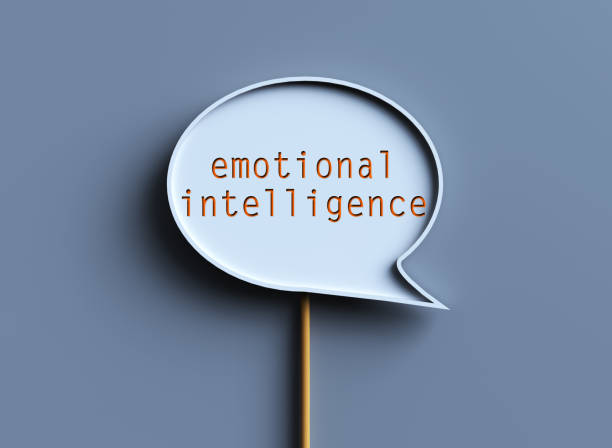The Forbes article “How to Leverage AI in Integrated Marketing Communications,” published July 31, 2024, by author Daniela Martucci, founder and CEO of DMH Americas, makes the argument that “the integration of AI tools has become indispensable, revolutionizing every aspect of our work and performance while expanding, rather than replacing, our expertise.” With growing concerns about the potential for AI replacing human expertise, I believe Martucci’s point is well worth highlighting.
Indeed, “most marketing teams can benefit from incorporating AI into their work,” as Martucci suggests. Leveraging AI for data analysis, content creation, customer engagement, operational streamlining, and creative solutions will enhance IMC efforts and achieve better results. AI-driven analytics allows marketing teams to gain deep insights into customer behavior, preferences, and trends that enable them to segment audiences more precisely, predict customer behavior, and optimize campaign performance. AI algorithms can analyze customer data to create detailed audience segments based on behavior, demographics, and psychographics. This precision allows for more targeted and effective messaging across different channels.
And AI isn’t just about analysis and automation; it can also drive creativity. Tools such as DALL-E and Midjourney create unique visual content based on specifications, providing fresh and innovative design options for IMC campaigns. AI also analyzes which types of content perform best and suggests improvements or new approaches to enhance engagement and effectiveness. This aligns with Martucci’s perspective that “embracing AI-driven tools can allow agencies to streamline tasks, significantly reducing turnaround times without compromising quality or creativity.”
All marketing teams can appreciate that AI streamlines various aspects of operations, making IMC strategy more efficient. It can automate repetitive tasks such as scheduling posts, managing ad campaigns, and monitoring performance metrics, allowing teams to focus on strategic planning and creative tasks. AI-driven customer relationship management systems can analyze interactions and provide actionable insights, helping to manage and nurture leads more effectively. And AI can ensure that messaging is consistent across all channels by monitoring and adjusting content in real time to align with the overall brand strategy.
But for AI to truly meet the needs of marketing teams, Martucci writes, “The key to making AI work is research. Research the tools that accommodate your needs and train yourself in feeding it the right commands or prompts. Once you have that mastered, you will see your work coming out better and faster each time.”
To successfully leverage AI in your IMC efforts:
- Assess your needs. Identify areas in your current strategy where AI can make the most impact.
- Choose the right tools. Select AI tools that align with your marketing objectives and integrate smoothly with your existing systems.
- Train your team. Ensure your marketing team is well versed in using AI tools and interpreting AI-generated insights.
- Start small and scale. Begin with pilot projects and gradually expand AI implementation based on results.
- Monitor and adjust. Regularly assess the performance of your AI-powered initiatives and be ready to adjust as needed.
As AI technology evolves, staying ahead of the curve will be key to maintaining a competitive edge and delivering exceptional value. “Remember AI ought to complement, not replace, human knowledge,” as Martucci writes. “[Incorporate] the knowledge you and your team have to make it real.”
Embracing AI is not just about adopting new tools but about transforming how you connect with your customers and drive your marketing strategy forward. Start exploring AI solutions today to see how they can elevate your IMC and propel your business to new heights.









